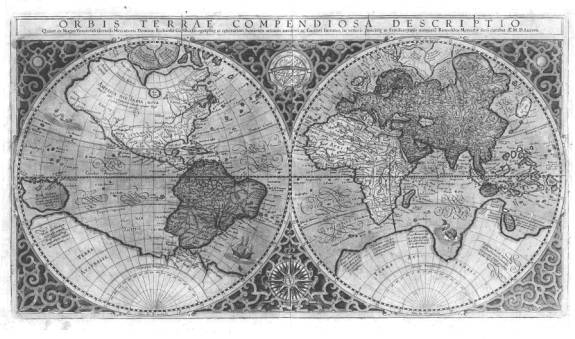LITR 5734:
Colonial & Postcolonial Literature

Sample Student Final Exams 2008
Essay 1: Describe and evaluate your learning experience or learning curve (Objective 3 + others)
Corrie Manigold
Making the Self Strange
As I reflect on the impact that this course has had on my intellectual progress over the past semester, I realize that one of the foremost benefits I have gained is a recognition of my own personal limitations. Having been previously exposed to post-colonial theory and literature in past coursework, I felt that I commenced this course with something resembling a foundation upon which to build, and so approached the materials with little apprehension. As I now prepare to exit the course, my sense is that what I depart with, along with increased knowledge and exposure, is a better sense of how narrow my comprehension and field of vision was to begin with. With each novel or historical lecture, new blocks of knowledge have been incrementally added to the limited knowledge base already in my possession. Accordingly, I have been forced to step back and widen my intellectual gaze to simply take in the developing form of this new 'knowledge-structure', let alone analyze it. Though not always a comfortable exercise, I feel that the challenges precipitated by this class have indeed been beneficial.
Earlier in the semester I wrote my midterm with a framing that approached the course texts through 'self-other' encounters. 'The encounter' continues to work as a metaphor for this course, I believe, but at this juncture I perceive the idea in a different way. While surely as readers of literature we have benefited from the vicarious encounters with the fictitious 'other' (whose identity is subject to change depending on how we choose to read), I propose that this notion of encounter becomes most useful when inverted in another (perhaps unexpected) way to attempt a 'self-self' encounter—in other words, using the knowledge and perspective gained throughout this course to turn the mirror on ourselves. Just as poetry achieves the 'strangeness' of language, causing us to re-experience it afresh, I contend that the reading of these dialogic texts can effect a similar strangeness of our own cultural visage, if we are willing to ourselves become 'strange'.
While I do not claim to have achieved any enlightened status of 'self-strange-making', toward the final portion of this class I began to catch a glimmer of the mere possibility, and so became interested by the idea. As a result of the need to step back, and yet further back still, to simply adjust to the of the scope of ideas together with the cultural elements inherent to reading cross-cultural texts, I felt my gaze experiencing frequent and necessary oscillations as it struggled to find clarity of focus. Like any of the characters in our readings, what the introspective student truly reaps from this venture is increased self-knowledge. Just as Lucy's personal journey to live among a foreign people and culture that she conflates with her own intellectual and personal oppression leads her to the articulation of her most fundamental human needs--”I wish I could love someone so much I would die from it”--so also the student can discover in the press of disorienting information a similar statement of self-discovery, and similarly it begins with a recognition of lack. In my case, that statement would sound something like, “I am beginning to realize the great gap in my understanding of the interaction of the world's peoples and to more clearly see how culturally entrenched in Americanism I really am.”
A frequently raised theme during class lecture has been the difficulty for students to reconcile American ways of thinking with a more globally-tuned cognizance of world affairs. We have discussed how the American world-view tends to favor...well, the American world-view. Like the title character of Robinson Crusoe, or the Englishmen of Passage to India who always show preference to their countrymen over native peoples or even other Europeans, the American mode of thinking is most conducive to replication and the mass-production of more of the same. To recognize this, and to recognize how this tendency has become internalized in my own methods of thinking is the initial step toward increasing my intellectual field of view.
By multiplying voices, as this course does through the inclusion of diverse texts with varying views, the possibilities are also multiplied. Through this course, we have been encouraged to entertain a multitude of viewpoints, challenged to reach through history and fiction to achieve new perspectives, and, of the greatest personal value to me, we have been offered an opportunity to eschew narcissism, step through the looking glass, and refocus our intellectual gaze upon the newest comer to the field of 'the other' —ourselves.
